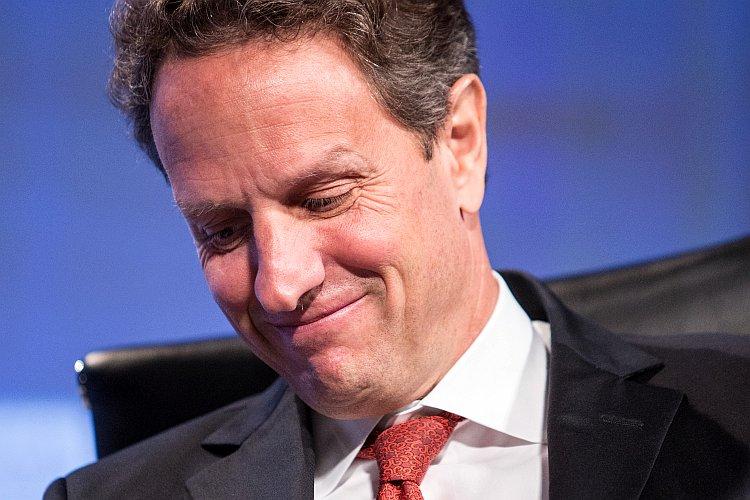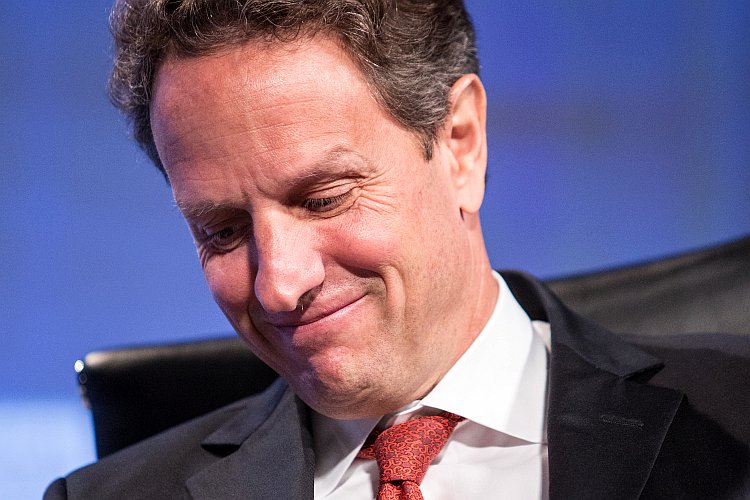NEW YORK—The finance ministers of the Group of Seven (G-7) nations met the morning of June 5 to discuss and review options that eurozone leaders have proposed to move forward on to create a stronger fiscal and political union.
The G-7 agreed to monitor developments ahead of the larger G-20 summit planned for later this month in Mexico.
The United States, Canada, U.K., France, Germany, Japan, and Italy are members of the G-7. Treasury Secretary Timothy Geithner and Federal Reserve Chairman Benjamin Bernanke represented the United States at the meeting.
“The G-7 ministers and governors reviewed developments in the global economy and financial markets and the policy response under consideration, including the progress towards financial and fiscal union in Europe,” the U.S. Treasury said in a statement, according to Bloomberg.
A main proposal that some analysts have argued for is eurozone-wide bonds, which would eliminate the interest rate difference between individual nations and be backed with the collective strength of the 17-country euro bloc.
One critic of that idea is former Deutsche Bank AG CEO Josef Ackermann. “I’m against euro bonds. If we do it right now, it allows maybe the funding with Germany guaranteeing up to 27 percent,” he said. “That would mean that maybe the pressure from other countries to do the necessary reforms would be taken away and that would be wrong.”
Ackermann’s sentiments are echoed by other German economists and politicians who say that the burden to finance would fall upon Germany, which has the strongest balance sheet among the eurozone nations.
European Data Underwhelming
Meanwhile, new economic indicators out of the eurozone paint a grim picture of the current economic situation, which has been crippled by the worsening sovereign debt crisis.
A combined index based on a survey of EU purchasing managers in the manufacturing and services industries contracted from 46.7 to 46 in May, the steepest drop in over three years, according to the London-based Markit Economics.
German factory orders, a measure of future economic growth, dropped 1.9 percent in April, according to the economy minister of Germany. Germany is the region’s strongest and biggest economy.
Separately, retail sales across the 27-member EU dropped 1 percent in April from March, according to the EU statistics office in Luxembourg. Nations with the biggest April drops were Spain (9.8 percent decline) and Portugal (9.3 percent decline).
The Epoch Times publishes in 35 countries and in 19 languages. Subscribe to our e-newsletter.






